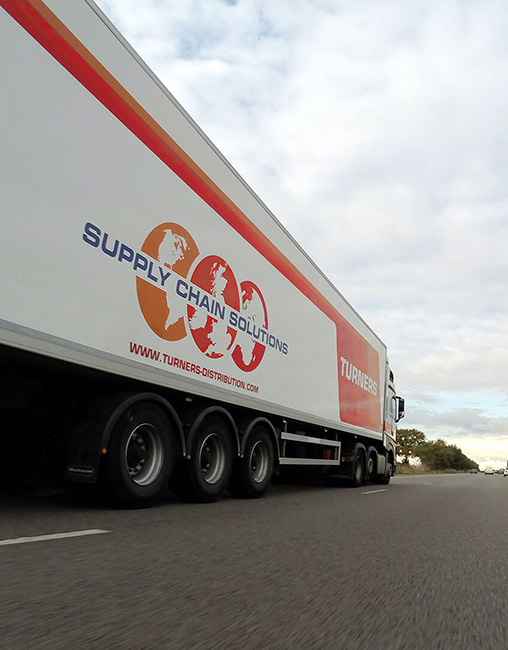1. What needs to go into the container?
Firstly, it is important to think about what type of commodity you want to ship:
-
What is the type of commodity?
-
Is there any need to be cooled?
-
Is it considered to be dangerous cargo?
For some types of cargo, you might need additional documentation. Are you in doubt which documentation is required when shipping for the first time? We have gathered the most important shipping documentation for your shipments on our blog.
With AML Cargo you can ship different types of commodities. However, we do not yet offer the transport of refrigerated or dangerous cargo. But as we are supercharged by industry leader Maersk, we are happy to put you in contact with our colleagues.
2. What is the quantity and dimensions?
Your logistics can be complicated as there are multiple parties involved in the entire supply chain. So, finding the right logistics provider to serve your exact needs will often depend on the type of cargo you’re shipping. Before starting to ship your cargo, you should ask yourself what the quantity and dimensions are. This means you must consider the following three key points:
-
Total weight
-
Total size (m3)
-
The number of boxes or pallets
The weight and dimension of your shipment also play a role in your overall costs. Larger, longer and heavier shipments may require additional space hence you can expect additional surcharges to appear on top of common services charges.
If you want to transport smaller packages, a courier might be a better option for you as we do not yet offer the transport of single small packages at AML Cargo.
If you cannot fill a container you might be looking for Less than Container Load (LCL). LCL is relevant when space in the container is split between orders and/or shippers. At AML Cargo we do not offer LCL yet.
3. Where are you shipping to and from?
The next step will be to ask yourself from where to where you want to ship. At the end, the shipping distance will be another factor for the overall freight cost.
The origin and destination of your cargo are also influencing the need for customs services and insurance coverage. These extra services depend on whether you ship within a country or between countries as well as if you ship inland or over sea.
On the origin side of your shipment you might face freight costs. Whether you have to pay them all depends on the Incoterms you have agreed with the shipper of your cargo. Incoterms are rules that define the terms of trade for the sale of goods all around the world. You can think of them as the common language of trade – and by understanding them better, you will be better equipped in importing and exporting goods with parties around the world. That’s why it’s important to know your incoterms and to pick the right one – because in some cases, the shipper will cover all freight costs on the origin side.
4. What is your time plan?
The next step is to ensure you have a time plan ready. Make sure to know when your products should arrive at their destination. What if there are unexpected delays? For instance, you need to consider a longer waiting time when peak seasons such as Golden Week, the holiday season or Chinese New Year are approaching. So, make sure you have a detailed time frame in mind when shipping for the first time.
Another important factor is the mode of transportation when creating your time plan. You can select various modes of transportation for your cargo such as Ocean, Rail, Road or Air. There are different benefits among all of these modes of transportation. It depends on the route you choose but often Rail, Road or Air will take less time than Ocean Transport. However, when you want to transport larger volumes of cargo, Ocean Transportation is the best option. At AML Cargo we offer your Ocean and Inland Transportation to get your cargo delivered from door to door or from port to port.
5. What will your transportation costs be?
As a small or medium-sized company you have to assure that your operational costs do not exceed a certain level, especially during transportation. There are different costs when it comes to transportation.
A starting point to identify who is paying which parts of your transportation costs are the Incoterms. Whether you are handling a bill of lading, creating a customs invoice or preparing a certificate of origin at a port – the Incoterms will guide you.
However, it can be difficult to understand all the different kinds of costs. You must pay attention to the different costs such as the transport price per item, production or transaction costs.
With AML Cargo you will have instant and transparent pricing that provides you full visibility of your price break down up front. Get flexible and competitive prices on the spot or in advance. With no unpleasant surprises you can make the right decision for your cargo, giving you peace of mind.
